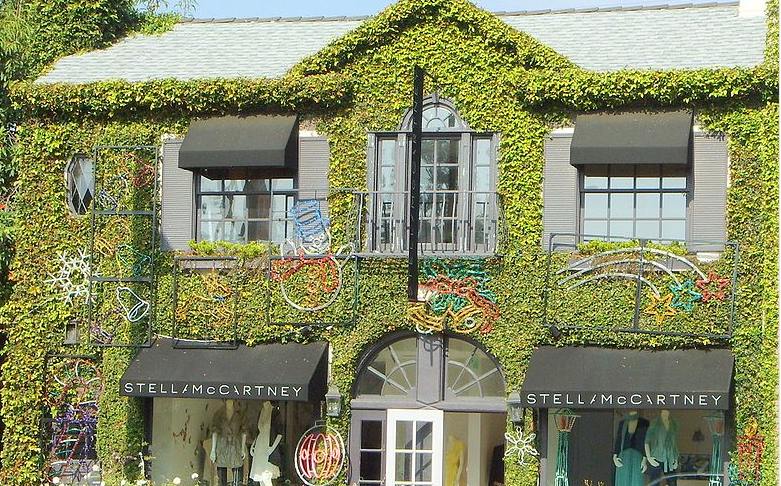Stella McCartney says fashion is “swamping the planet”
Luxury designer Stella McCartney has spoken of the urgent need to transform the fashion industry to become more sustainable.

Luxury designer Stella McCartney has spoken of the urgent need to transform the fashion industry to become more sustainable.
Talking to the BBC at the launch of a new London exhibition focussing on fashion’s relationship with nature, the designer drew attention to the “medieval” methods used within the industry.
“It’s sadly a bigger issue than anyone really realises. It’s the second most harmful industry to the environment currently on the planet. And it does make perfect sense if you think about how much fashion there is, whether it be luxury or fast…it’s swamping the planet.”
Stella McCartney has built an immensely popular brand and her company operates 55 stores in some of the world’s most expensive shopping districts. Her clothes are also distributed in 77 countries, meaning she is well-placed to make an impact within the fashion world.
“We’ve been relying on an industry that is essential medieval…there is $500 billion worth of waste in the fashion industry every year and that is ridiculous.”
However, she struck a positive note on the opportunities presented by new campaigns and methods which are helping to bring about change.
“It’s a really amazing moment that we are living in as humans for change, on everything, on energy, on architecture. This is really a moment to look to the future for our children.”
Ms McCartney has been working with the Ellen MaCarthur Foundation to publicise the issue of waste within the fashion industry, and to work on new sustainable methods. This includes developing new dyes and silks in the laboratory which are less resource intensive.
A report released by the foundation last year highlighted that if nothing changes the industry will use up a quarter of the world’s carbon budget by 2050. A culture of waste leads to the release of half a million microfibres into the ocean every year, equivalent to more than 50 billion plastic bottles.






_400_250_80_s_c1.jpg)